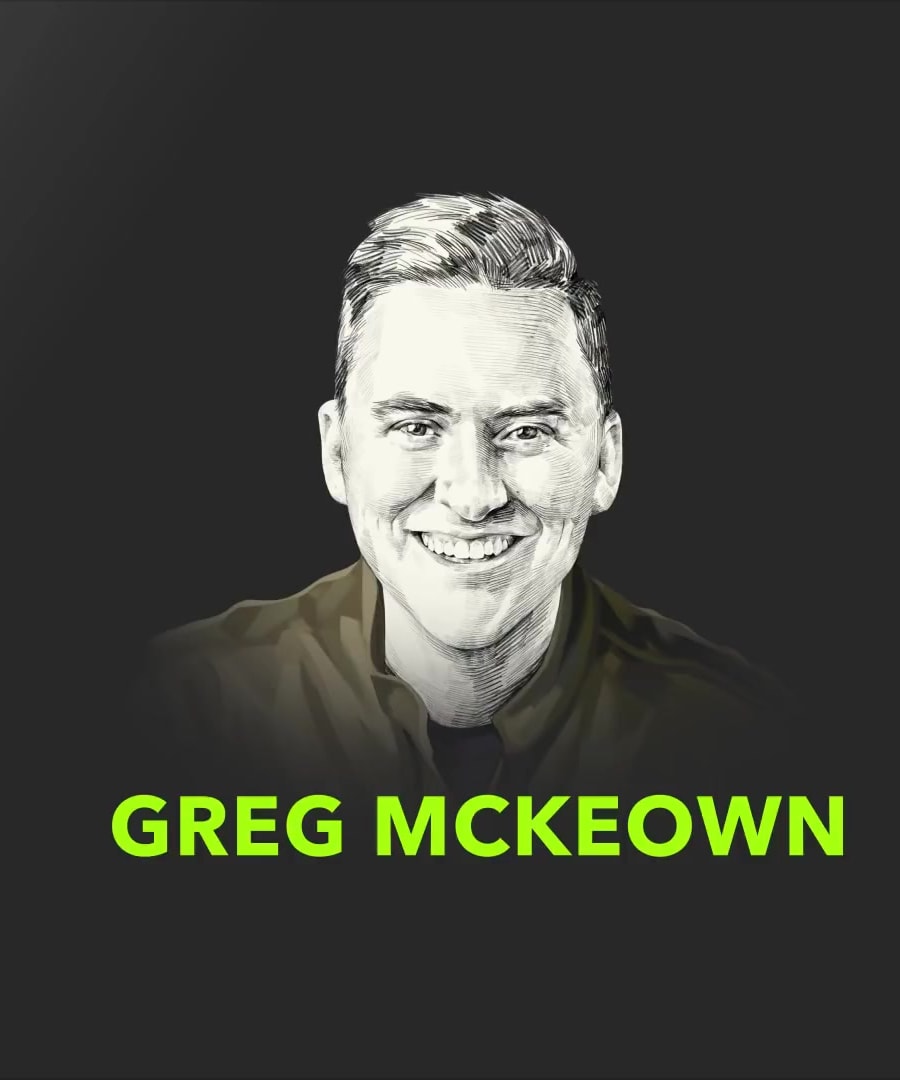Should we seek revenge?
Sources:
Tim Ferriss, in discussions with various guests, provides nuanced perspectives on the concept of revenge:
-
Walter O'Brien's Story: In a tale of cunning and orchestrated revenge, Walter O'Brien shares an intricate plan involving a fake marriage to outsmart someone attempting to exploit the U.S. immigration system. This story highlights the complexities and potential consequences of revenge-driven actions, where the orchestrated outcome served justice in an unconventional way 1.
-
Anger and Energy Waste: Tim Ferriss reflects on his own experiences with trauma-induced anger and the energy wasted on retaliatory thoughts. He recognizes that while there might be a place for strong defensive responses, constantly defaulting to revenge is highly energy-draining and inefficient 2.
-
Living Well as Revenge: Tim mentions embracing the idea that "living well is the best revenge". He acknowledges that instead of fantasizing about retaliation, redirecting that energy towards personal growth and well-being can be more fulfilling and constructive 3.
-
Self-Regulation and Forging a Resentment-Free Life: In conversations regarding emotional response, the emphasis is placed on managing one's autonomic nervous system through techniques like respiration and vision. This approach helps in mitigating stress and anger, potentially reducing the urge for revenge. Additionally, aiming for a resentment-free existence by standing up for oneself and resolving underlying issues is touted as beneficial for personal growth and healthier relationships 4 5.
In sum, while Tim Ferriss and his guests acknowledge the instinct for revenge, they advocate for alternatives that focus on self-awareness, personal growth, and efficient use of energy.
RELATED QUESTIONS-




